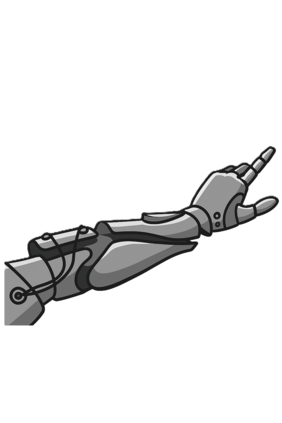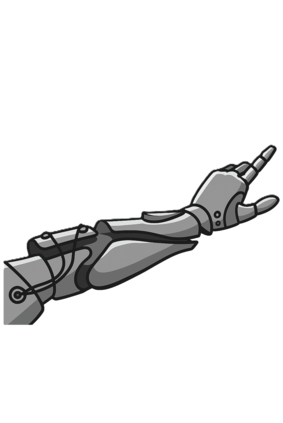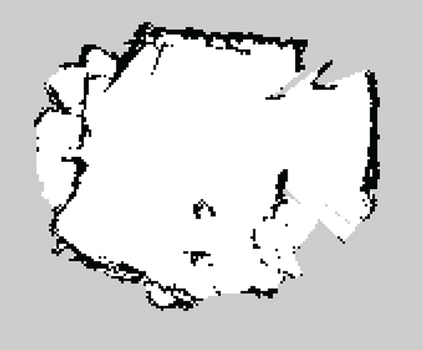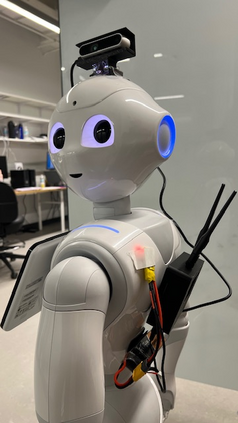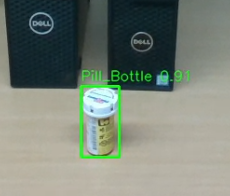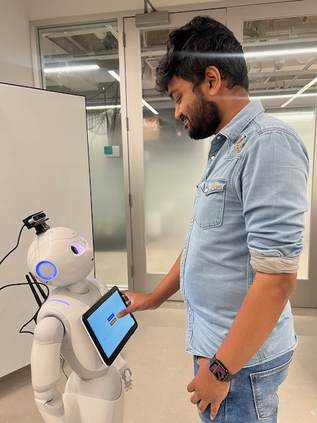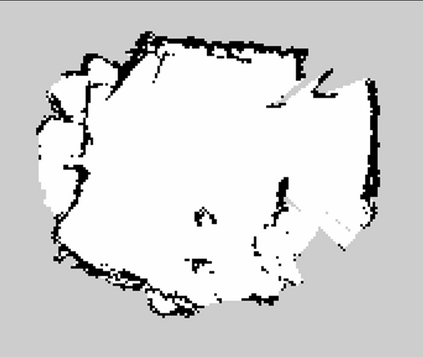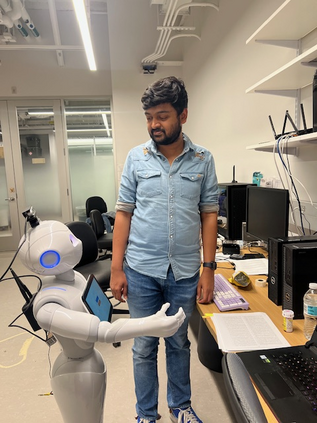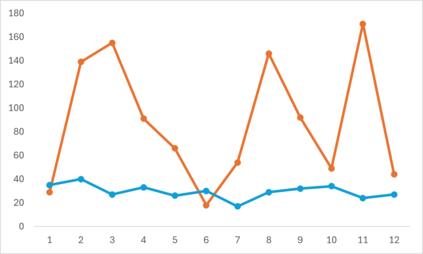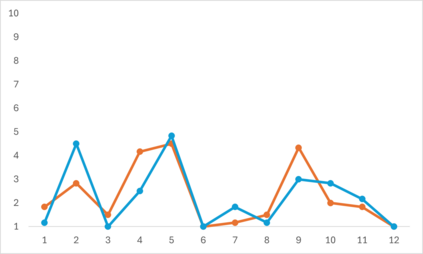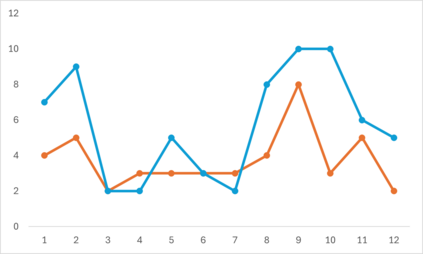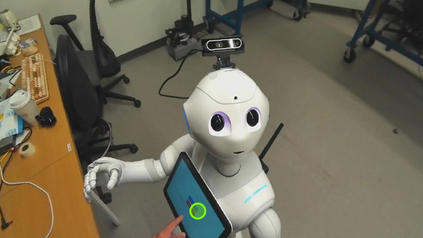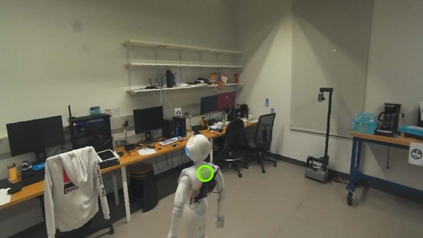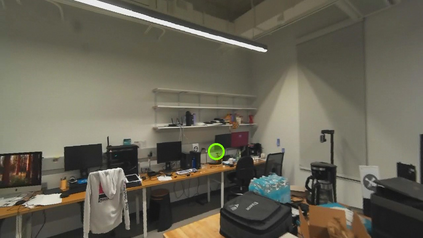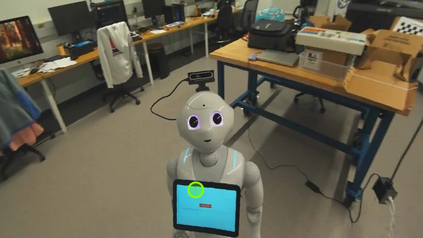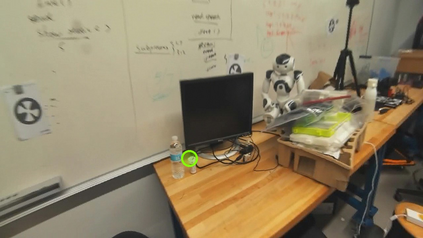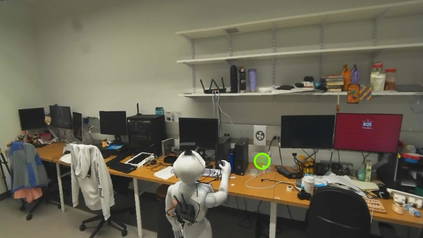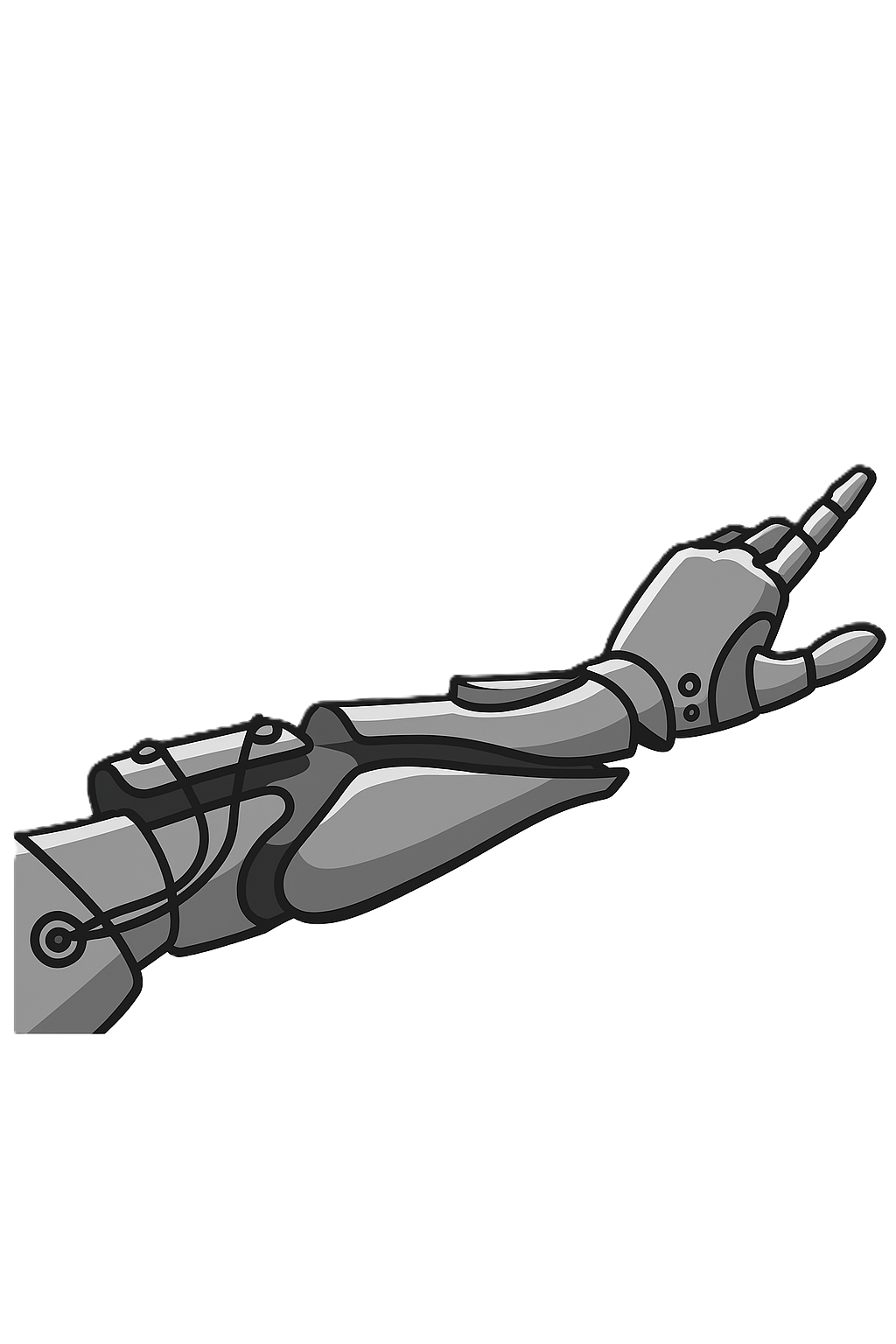People living with dementia (PLWDs) face progressively declining abilities in medication management-from simple forgetfulness to complete task breakdown-yet most assistive technologies fail to adapt to these changing needs. This one-size-fits-all approach undermines autonomy, accelerates dependence, and increases caregiver burden. Occupational therapy principles emphasize matching assistance levels to individual capabilities: minimal reminders for those who merely forget, spatial guidance for those who misplace items, and comprehensive multimodal support for those requiring step-by-step instruction. However, existing robotic systems lack this adaptive, graduated response framework essential for maintaining PLWD independence. We present an adaptive multimodal robotic framework using the Pepper robot that dynamically adjusts assistance based on real-time assessment of user needs. Our system implements a hierarchical intervention model progressing from (1) simple verbal reminders, to (2) verbal + gestural cues, to (3) full multimodal guidance combining physical navigation to medication locations with step-by-step verbal and gestural instructions. Powered by LLM-driven interaction strategies and multimodal sensing, the system continuously evaluates task states to provide just-enough assistance-preserving autonomy while ensuring medication adherence. We conducted a preliminary study with healthy adults and dementia care stakeholders in a controlled lab setting, evaluating the system's usability, comprehensibility, and appropriateness of adaptive feedback mechanisms. This work contributes: (1) a theoretically grounded adaptive assistance framework translating occupational therapy principles into HRI design, (2) a multimodal robotic implementation that preserves PLWD dignity through graduated support, and (3) empirical insights into stakeholder perceptions of adaptive robotic care.
翻译:暂无翻译

